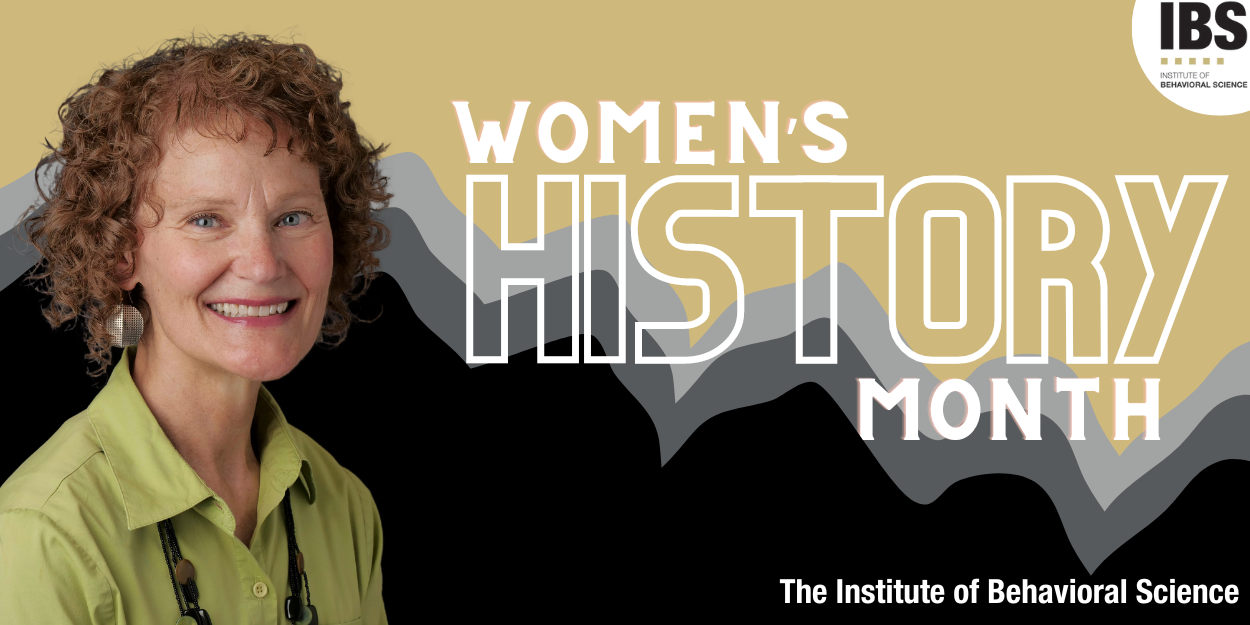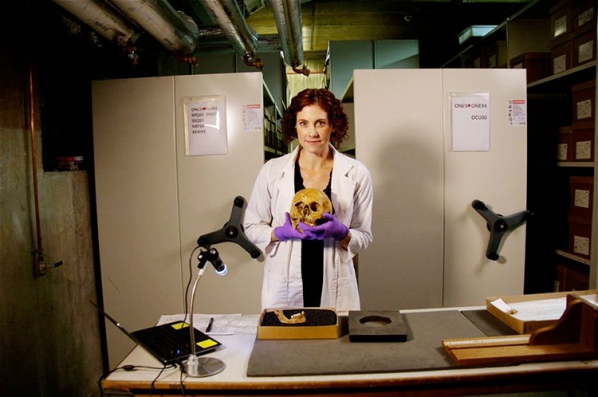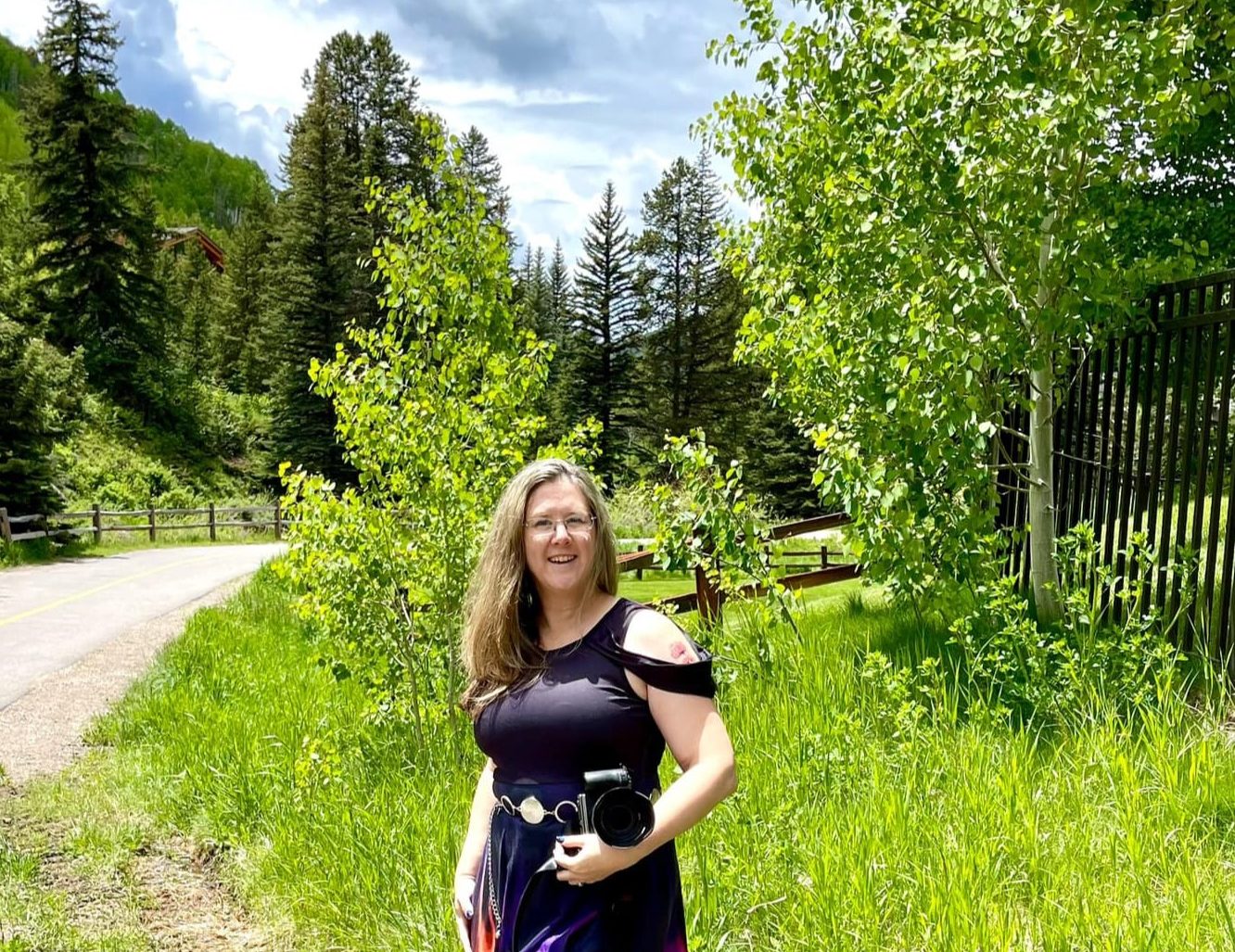Our next Women’s History Month Feature is with Anni Magyary! Anni joined IBS and CU Boulder in July of 2019. She works as a Proposal Analyst/Outreach Specialist for the CU Population Center and the Health and Society Program.
What do you like most about your position at IBS?
Magyary: So many things! I really enjoy assisting and guiding researchers with their proposal submissions and the appreciation they show me, always making me feel like I’m part of their team and not an outsider. Of course, when their project is chosen to be awarded, that makes it 10x more special and worthwhile! I also LOVE being able to utilize my journalism degree by writing and reporting about all the groundbreaking, cutting-edge research being done for our “CUPC Highlights” newsletter; it makes my job so much fun and enriching.
What has been the most impactful IBS research you’ve learned about?
Magyary: So much of IBS research is found in the headlines of our nation’s current events – but if I have to choose one area, it’d be what’s dear to my heart – research that’s trying to understand climate change and how it affects us as a population, whether it be our health, vulnerability to natural hazards, and climate migration and equity. Oh, and who doesn’t love gazing at those amazing GIS maps of human settlement, urbanization, and spatial-temporal modeling, especially the animated ones!
What’s one thing you hope never changes about IBS?
Magyary: Great question: the strong feeling of being part of a community full of talented people with a shared mission!
What have you read lately that you’d recommend to a friend?
Magyary: The million-dollar question – you’re asking somebody who works at the Boulder Public Library downtown on the week-ends! Just stop on by, find me at the front desk, and I’ll recommend a great book according to your taste, whether it be fiction or non-fiction. I just finished the fiction book “Horse” by Geraldine Brooks (a Pulitzer prize-winning author) and couldn’t put it down – loved the historical aspects of a real racehorse during the mid-19th century Kentucky. It won the indie book award last year.
________
Tune in next week for another interview with another phenomenal IBSer!





